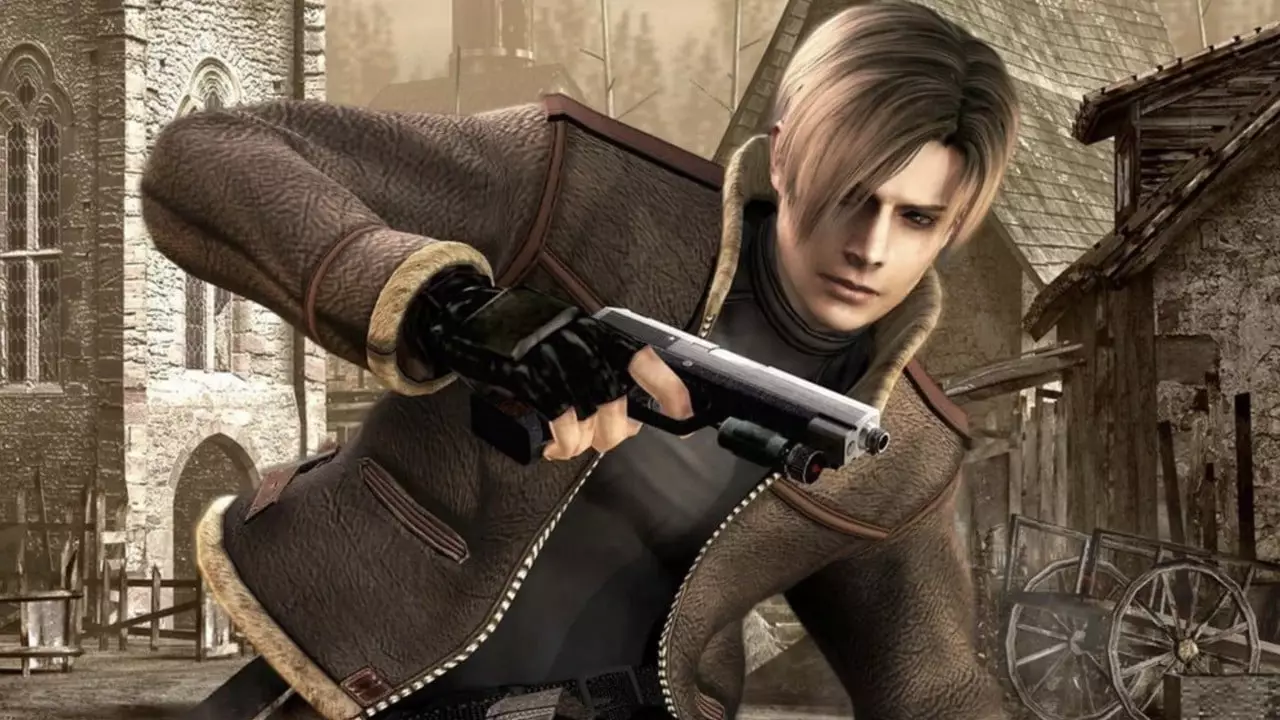Resident Evil 4 is more than just a game; it is a cultural phenomenon that reshaped the landscape of action and horror gaming. When it hit the shelves in 2005, it transformed perceptions of what horror games could accomplish by marrying absurdity with gripping gameplay. This article takes a critical look at the game’s evolution, its impact on the franchise, and its lasting legacy.
Reflecting on the original trilogy’s themes, which primarily revolved around the hellish streets of Raccoon City dominated by grotesque zombies, it seems almost inconceivable that the fourth installment would trade urban decay for the rural charm of European countryside. Resident Evil 4’s introduction of a child-like villain and a cult-like atmosphere felt like a radical departure from the series’ established norms. Players quickly found themselves navigating through picturesque villages, eerie castles, and encountering unforgettable characters—ranging from the titular Leon S. Kennedy to the enigmatic merchant who offered a whimsical take on commerce in an apocalypse.
The contrast between its foreboding past and the whimsical insanity of RE4 signifies more than just a change of scenery. It reveals a bold risk taken by the developers, showcasing a willingness to embrace an artful madness that had been absent in prior entries. Through absurd premises—like initiating a suplex on mind-controlled zealots and collecting blue medallions—the game injected a sense of humor and excitement that deviated from traditional survival horror.
While exploring the landscapes of RE4, players now confronted action-packed sequences, completing tasks that felt less about sheer survival and more about personal empowerment. Unlike its horror-centric predecessors, which often left players feeling vulnerable, Resident Evil 4 allowed gamers to embrace their power, with an arsenal that included close-quarters combat techniques that expanded the combat dynamic. This gameplay evolution is pivotal to understanding how RE4 not only reinvigorated the Resident Evil brand but also set new benchmarks for how action games could be designed with captivating narratives.
It ushered in an era where developers could pivot from formulaic approaches and innovate without fear—a much-needed counter to the current trend of risk-averse game design. The immense popularity of RE4 prompted a slew of ports and remakes that solidified its status as a must-play title. The availability across multiple platforms, including the revolutionary Wii Edition, demonstrated a commitment to revisiting and refining a formula that was successful almost two decades ago.
Fast forward to today, and the nostalgia surrounding Resident Evil 4 has only deepened. Its enduring allure is evident in the continued re-releases and the upcoming ‘Switch 2’ compatibility, which will keep Leon’s harrowing tale alive for new generations of gamers. Beyond nostalgia, the game’s mechanics, layout, and storytelling have had a lasting impact on the industry, influencing countless titles that came after it.
However, the question remains: what does it take to encapsulate the essence of Resident Evil 4? While some may opt for the acclaimed remake, it’s important to approach the original as a fertile ground for modern gaming’s growth. It pushes those interested in the evolution of gaming to examine how dramatically a franchise can shift its identity through innovation while still retaining core elements that resonate with fans.
Whether you first experienced the harrowing journey on the original GameCube or were introduced to it through one of its many ports, there is a unique magic that comes with playing Resident Evil 4. It is not merely a game; it is an experience that captures the thrill of confronting fears while simultaneously embracing absurdities. It represents a unique intersection of storytelling, gameplay, and creativity that should not only be appreciated but also celebrated. As anticipation grows for new adventures within the Resident Evil universe, one cannot help but look back at how RE4 set the stage. Join in reminiscing or begin your journey anew—you will find the thrill still waiting for you in its four corners.


Leave a Reply